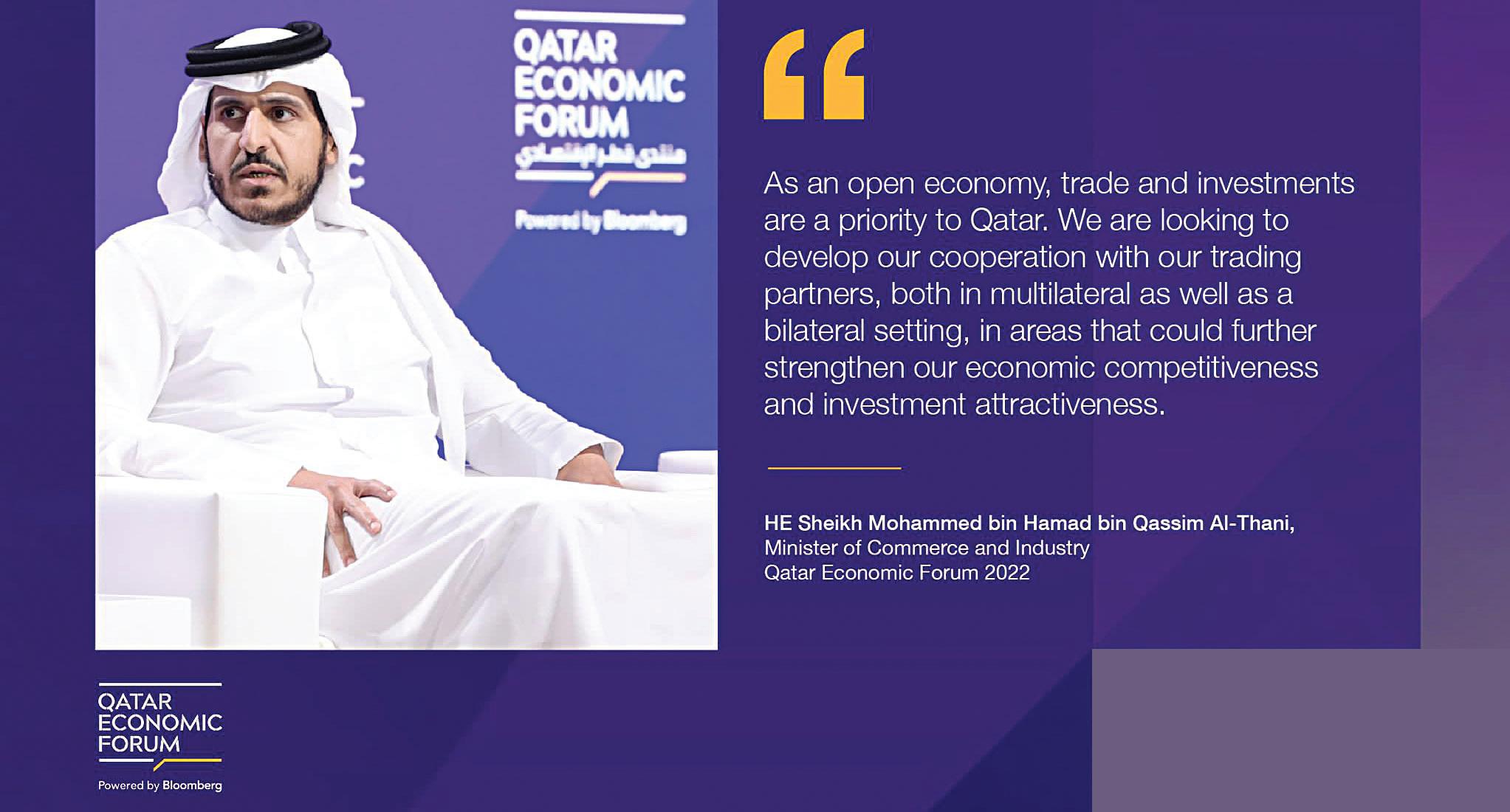
2 minute read
Virginia Commonwealth University School of the Arts in Qatar (VCUarts Qatar)
Qatar has one of the fastest growing global economies thanks to the third largest concentration of natural gas reserves in the world. Recent legal liberalisation, economic diversification and an expanding economy provides many investment opportunities for non-Qataris. Investors can enjoy unrivalled world connectivity via Hamad Port, one of the largest in the region, and the world’s best airport, airline and air cargo carrier. Profits can be repatriated as can proceeds of sale and capital on liquidation. Major investment sectors are construction, oil and gas, education, and financial and legal services, with opportunities in ICT, sport, leisure and healthcare.
Incentives Investment Regulations
The government welcomes foreign participation in joint ventures, with a number of incentives for investment: • A developed infrastructure and ICT network. • Easy access to world markets with good sea and air connections, continuously being upgraded. • Natural gas, electricity, water and petroleum at subsidised rates. • Land for development in the Industrial Area near
Doha for nominal fees – companies can submit a request to the Ministry of Municipality for a lease contract of a plot under the Doha, Al Khor,
Al Dakhira and Al Shamal Municipalities. • Loans available from Qatar Development Bank. • Fixed parity between the Qatari riyal and US dollar (USD1 = QAR3.64). • No customs duty on the import of plant machinery; exemption from export duty. • Five-year renewable tax holidays (based on government approval). • No income tax on the salaries of expatriates. • Tax on the profits of foreign-owned stakes in
Qatari companies applied at a flat rate of 10%. • Employment and immigration rules enabling the import of skilled and unskilled labour. There are primarily two regulatory jurisdictions for foreign investors seeking to conduct commercial business in Qatar: the regulations of the State of Qatar, and the rules and regulations of the Qatar Financial Centre (discussed in more detail below). Qatar also recently introduced new free zones designed to encourage certain bespoke investment vehicles to bring their businesses to the region. Non-Qatari investors may only invest in Qatar in accordance with Foreign Investment Law No 1 of 2019: • In January 2019 the Amir promulgated the new foreign investment law of 2019. According to the new law, foreign investors are permitted to hold more than 49% in commercial companies with special permission from the Minister of
Commerce and Industry (MOCI) (subject to some prohibitions set out below). Under the former law such increased ownership was limited to those businesses operating in a specific set of sectors. • Non-Qatari investors are prohibited from being appointed as commercial agents under
Commercial Agencies Law No 8 of 2002, but the former prohibition preventing foreigners from investing in real estate businesses has been removed under the new Foreign Investment








